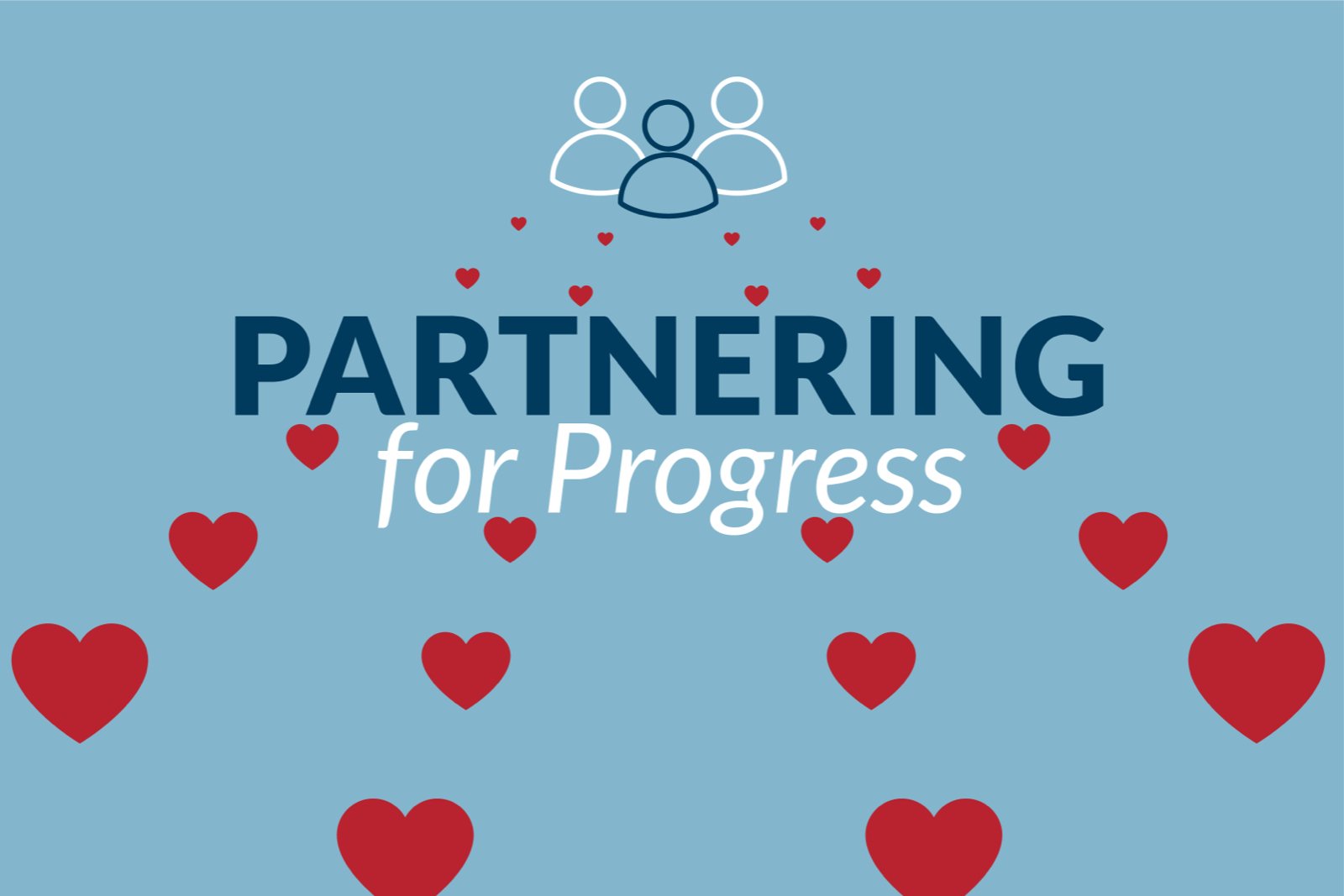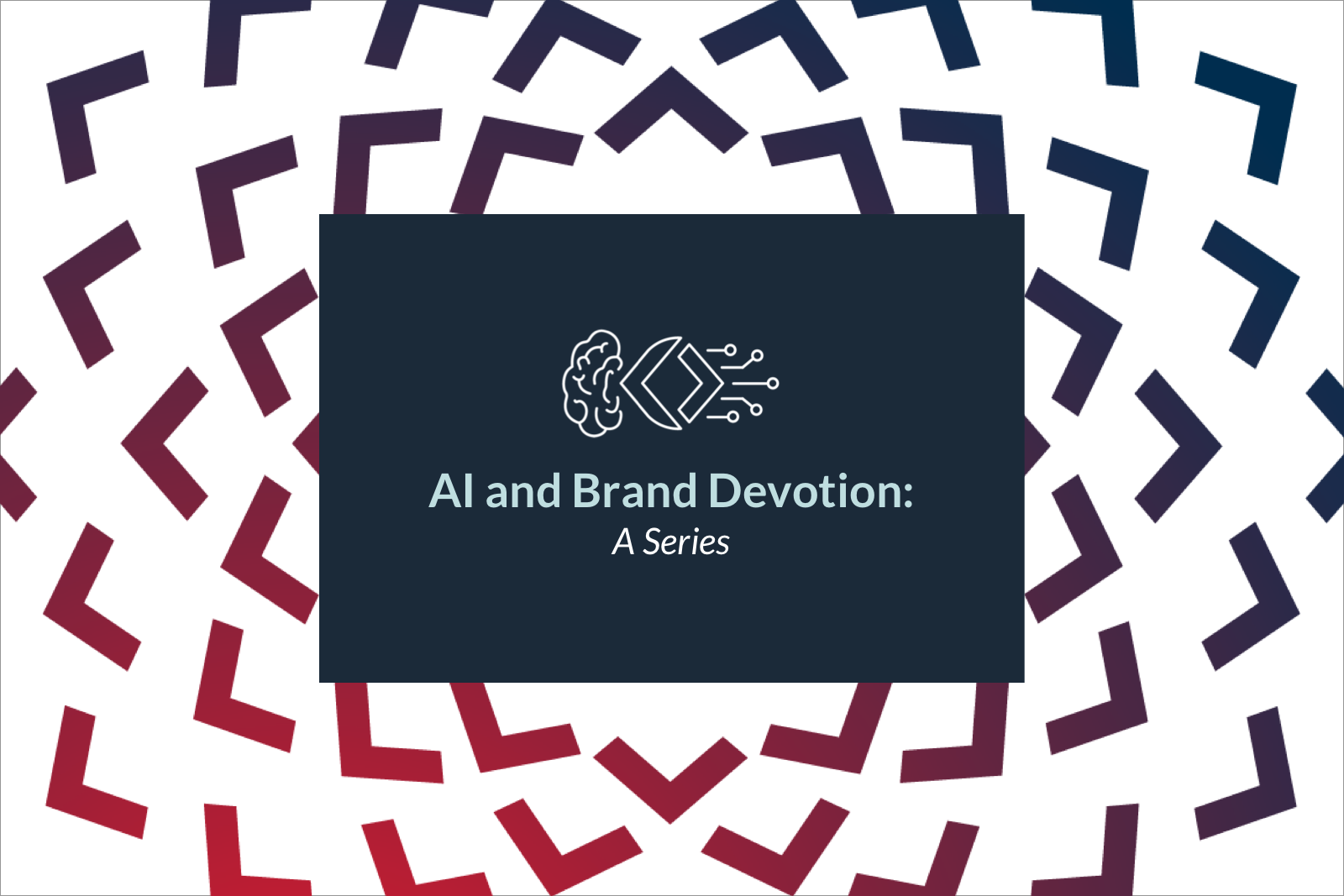Sustainable Partnerships Boost Loyalty

While promotions and discounts drive sales, genuine brand loyalty comes from a deeper connection and a sense of shared values. For many consumers, commitment to the environment—that is, embracing sustainable practices—is an ever-growing core value. In fact, 78% of U.S. consumers say they value a sustainable lifestyle.
As companies strive to meet these customer expectations, many also increasingly recognize their responsibility for counteracting climate change. Strategic partnerships are one effective way brands can improve sustainability, earn trust, and deepen consumer relationships.
The say-do gap
Studies show that over 65% of consumers want to make sustainable choices, but only 20% to 30% actually do—a paradox referred to as the say-do gap. Even the best-intentioned shoppers sometimes struggle to make sustainable choices when faced with an array of less sustainable but easily accessible or less expensive options.
Yet brands have growing opportunities to support consumers in their quest to live more sustainably and close that say-do gap. Leveraging partnerships to improve sustainable offerings can improve brand loyalty by demonstrating core values in action and earning consumer trust.
TerraCycle's recent partnership with GOLDTOE is a great example. They’ve combined efforts to simplify recycling socks—of any brand—with free, prepaid shipping labels. Nordstrom’s BEAUTYCYCLE also teamed up with TerraCycle to collect a wide variety of difficult-to-recycle beauty items (think mascara tubes and wands, compacts and more) at most Nordstrom and Nordstrom Rack locations, making it easy for consumers to do the right thing.
Halo effect of sustainable packaging
As we move toward a more circular economy in which the reuse of materials is incentivized and rewarded, consumer packaged goods (CPG) brands have a unique opportunity to meet consumers’ sustainability demands.
By reducing packaging, eliminating plastic when possible, and using more easily recyclable materials, CPG brands offer visible and tangible ways for consumers to shop more sustainably. This is welcome news not only for the environment but for CPG brands as well.
 As a member of The Recycling Partnership, Kellogg Co. has one of the smallest plastic packaging footprints in the food industry. Kellogg collaborates with retailers and suppliers to ensure most (76%) of its packaging is recyclable worldwide. Not only does sustainable packaging meet consumer demand for less waste, it also often improves the consumer experience. Packaging with less plastic waste is often easier to open without scissors, making the experience simpler for everyone and more accessible for those with physical limitations. Meeting customer expectations for sustainability and improved user experience are two strong ways to build lasting customer loyalty.
As a member of The Recycling Partnership, Kellogg Co. has one of the smallest plastic packaging footprints in the food industry. Kellogg collaborates with retailers and suppliers to ensure most (76%) of its packaging is recyclable worldwide. Not only does sustainable packaging meet consumer demand for less waste, it also often improves the consumer experience. Packaging with less plastic waste is often easier to open without scissors, making the experience simpler for everyone and more accessible for those with physical limitations. Meeting customer expectations for sustainability and improved user experience are two strong ways to build lasting customer loyalty.
Partnerships and micro and macro change
Strategic partnerships offer collaborating brands a chance to reframe and improve sustainability practices, gain consumer trust, and build loyalty. Whether they implement micro adjustments that support individual consumers’ desire for less waste, or macro shifts that improve a brand’s environmental impact, strategic partnerships often drive important change. In fact, partnership-spurred innovations can ripple out to influence the broader environmental impact of whole industries.
Let’s look at three such industries embracing sustainable partnerships.
Aviation
 The airline industry sees sustainable aviation fuel (SAF), a low-carbon alternative to traditional jet fuel, as way to reduce industry-wide aviation emissions once it’s cost-effective and available at scale. New initiatives and partnerships are underway to support the market for SAF plus increase its availability and cost efficiency.
The airline industry sees sustainable aviation fuel (SAF), a low-carbon alternative to traditional jet fuel, as way to reduce industry-wide aviation emissions once it’s cost-effective and available at scale. New initiatives and partnerships are underway to support the market for SAF plus increase its availability and cost efficiency.
United Airlines, for example, is partnering with other companies to create a $100 million fund to invest in SAF and build a marketplace for this more sustainable alternative.
In addition, JetBlue’s new partnership with climate-tech company CHOOOSE aims to expand SAF’s cost-effectiveness and market availability. Currently, JetBlue invites customers to estimate their flights’ carbon emissions and directly contribute to the purchase of SAF to offset those emissions.
A British-let consortium that includes Rolls-Royce, Boeing and other UK institutions is supporting Virgin Atlantic’s effort to fly the first transatlantic flight with zero emissions in late 2023. Scheduled to fly from London Heathrow to New York’s John F. Kennedy International Airport, the flight will be powered solely by SAF.
Retail
Retailers are increasingly using partnerships to reduce environmental impacts and satisfy customers’ desire for sustainable options. Often criticized for wasteful practices, the fashion industry has responded with partnerships aimed at improving sustainable practices. To reduce textile waste, for example, the Sorting for Circularity Project—supported by a bevy of brands, including Adidas, Eastman, H&M, Inditex, Levi Strauss & Co., Nordstrom and Target—is researching and evaluating the business case for textile-to-textile recycling. The 18-month project plans to inform investments and actions to improve collection, sorting and recycling practices.

Hanna Andersson’s Hanna-Me-Downs platform, made in partnership with retail technology company Archive, allows sellers to use Andersson’s descriptions, size charts, images, fabric information and more for resale listings. Athleta teamed up with thredUP to launch its resale platform, Always Athleta, which lets customers shop “preloved” Athleta products at up to 90% off retail prices. And Rent the Runway also sells its used merchandise on thredUP.
DICK’S Sporting Goods, meanwhile, combined forces with SidelineSwap to host trade-in events, allowing customers to exchange used sportswear and gear for DICK’S gift cards. Customers can also donate all or part of their trade-in value to local sports organizations. After 60 successful events in 2022, the brands plan to host 200 events in 2023.

Luxury fashion is also moving toward sustainability. Fashion designer Stella McCartney and luxury retailer Neiman Marcus partnered on the launch of her spring 2023 line. The event, centered on the themes of “Rewilding and Rechilding,” gave attendees new insights into sustainably and ethically sourced fashion. McCartney’s collection is crafted from 85% responsible materials, the brand's most sustainable line to date.
Restaurants
Increasingly, diners seek out restaurants that share their values, including a commitment to sustainability. According to Technomic’s 2022 Corporate Social Responsibility and Sustainability Multi-Client Study, 72% of consumers ages 18 to 34 said they’re more likely to choose a restaurant or food-service establishment that describes itself as “socially responsible or sustainable.” In addition, 90% of consumers in that same age range are very or somewhat likely to choose one restaurant or food-service establishment over another because of its commitment to social responsibility and sustainability, or because its menu is sustainable.

To achieve the substantial goal of 100% responsibility sourced coffee by 2025, Dunkin’ launched the Dunkin’ Drive-To Sustainability Program. It’s a partnership with Enveritas, a 501(c)(3) organization founded to end poverty among smallholder coffee growers by removing systemic barriers to proven solutions. In collaboration with this New York-based nonprofit, Dunkin’ aims to improve important standards, audit its supply chain to ensure compliance, and track key metrics along the way.

Fast-food giant Subway partnered with GenZ EV Solutions, which provides electric vehicle charging equipment, to create Subway Oasis charging parks at select Subway locations nationwide.
Included are charging canopies with multiple ports, picnic tables, Wi-Fi, restrooms, green space and playgrounds. The partnership serves Subway’s existing customer base while potentially attracting new customers with electric vehicles who may not have previously considered the brand.
Partnerships’ sustainable synergy
Partnerships have become ubiquitous in the loyalty and brand marketing space. So aligning your partnership strategy to support your brand’s core values is not only ethical but a smart business decision.
Further, brand collaborations enable companies to share best practices, leverage resources and increase their sustainability. Plus, partnerships rooted in sustainability create wins for brands, consumers, and the planet. What more could you ask for?
Amy Farsht is senior director, partnership marketing, for The Lacek Group, a Minneapolis-based data-driven loyalty, experience and customer engagement agency that has been delivering personalization at scale for its world-class clients for more than 30 years. The Lacek Group is an Ogilvy Company.

